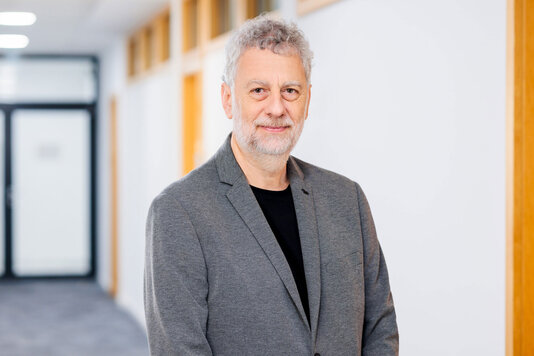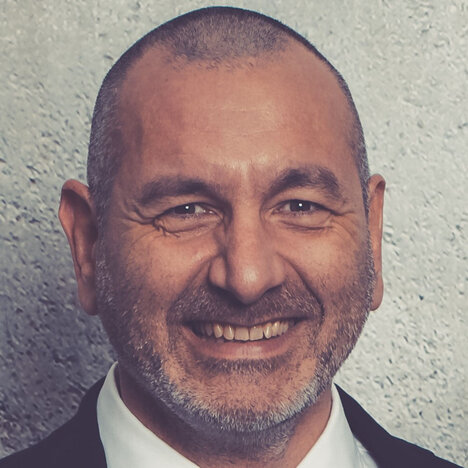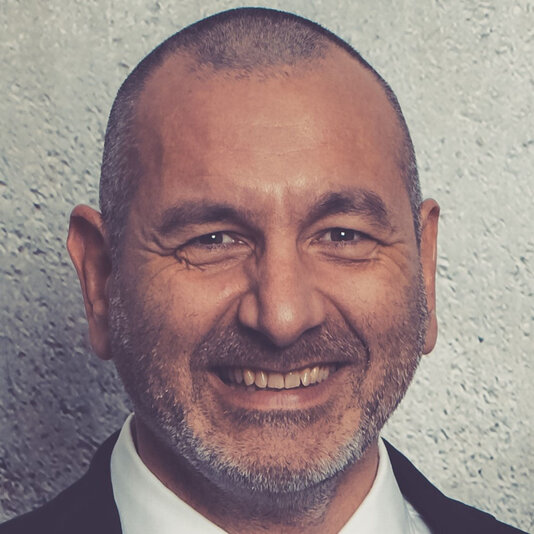
The main objective of this project is to analyse the identity transformations that occur in the aftermath of different genocidal settings and how plural identities have been transformed into exclusionary ones using terror. To that end, the project aims to work with materials and sources from different historical cases – particularly documents and testimonies of survivors of genocidal processes, taking into account the ways in which they define the ‘in-group’ and ‘out-group’ identities and how they explain their own identities in different historical moments.
The Center of Genocide Studies at the National University of Tres de Febrero, Argentina, has produced dozens of interviews with survivors of the repressive and genocidal practices that occurred during the last dictatorship in Argentina (1976 – 1983). The tandem partner Christian Gudehus from the Faculty of Social Sciences at Ruhr University Bochum will be looking mainly at the case of the so-called ‘Dersimis’. This group underwent many identity transformations, beginning with the Dersim massacres, which took place in Turkey from 1937 to 1938, and continuing today within different Kurdish groups in Turkey, Iraq, and Europe, but especially in the German diaspora. Christian Gudehus leads a project that documents the massacres and has established close ties to the Dersim community in and around the Ruhr area.
The project’s main objective is to foster and enrich the cooperation in the common understanding of two very different regions in regard to the processes of identity transformation via genocide. On the one hand, both groups would work with the cases of Southern Cone of Latin America during the National Security Doctrine process, focusing on Argentina. On the other hand, both groups would also research the different Kurdish groups exiled in Germany, either coming from Turkey or Iraq. The goal is to analyse the identity transformation process in the different genocides during the 20th century in Turkey and Iraq.

Prof. Daniel Feierstein
National University of Tres de Febrero (Argentina) | Sociology
Daniel Feierstein holds a PhD in Social Sciences from the University of Buenos Aires (Argentina), where he runs the Observatory of State Crimes. He is also Director of the Center of Genocide Studies at the National University of Tres de Febrero and Senior Researcher at the National Research Council of Argentina (CONICET). His work primarily focuses on genocidal social practices and has been crucial in the increased recognition of Argentina’s military junta’s crimes as genocide. He was a member of the National Committee of Ethics in Science and Technology (CECTE) at the Ministry of Science, Technology and Innovation in Argentina from 2022 to 2024.
Daniel Feierstein was President of the International Association of Genocide Scholars (IAGS) from 2013 to 2015. He has also acted as a judge and chair in different sessions of the Permanent Peoples’ Tribunal (PPT) in the cases of Sri Lanka (2010 and 2013), Mexico (2014), Myanmar (2017), Colombia (2021) and West Papua (2024). He was adviser of different bodies in the United Nations and he appeared as an expert witness before the Inter-American Court of Human Rights in 2021.
Feierstein has published 12 authored books in Spanish and many antologies. His authored books in English are Genocide as a Social Practice. Reorganizing Society under the Nazis and Argentina’s Military Juntas (2014), Social and Political Representations of the COVID-19 Crisis (2022) and Memories and Representations of Terror. Working through Genocide (2024).

Prof. Christian Gudehus
Ruhr University Bochum | Social Science, Social and Cultural Psychology
E-mail: christian.gudehus@rub.de

Prof. Christian Gudehus
Ruhr University Bochum | Social Science, Social and Cultural Psychology
E-mail: christian.gudehus@rub.de
Christian Gudehus is a social scientist with a particular interest in social and cultural psychology. Together with Pradeep Chakkarath, he has been publishing the journal HARM as an open-access publication since January 2022. He also founded the journal Trauma Kultur Gesellschaft (trauma culture society) together with colleagues from the clinical field and the social sciences and humanities. He is also a permanent fellow at the Hans Kilian and Lotte Köhler Centre (KKC) for Social and Cultural Psychology and Historical Anthropology located at Ruhr University Bochum. Christian Gudehus is currently leading a project funded by the German government that is looking into the mass violence perpetrated by the Turkish military in the Dersim region in 1937/38. At Ruhr University Bochum, he teaches and researches with a focus on collective violence, its conditions, its events and its consequences.